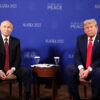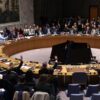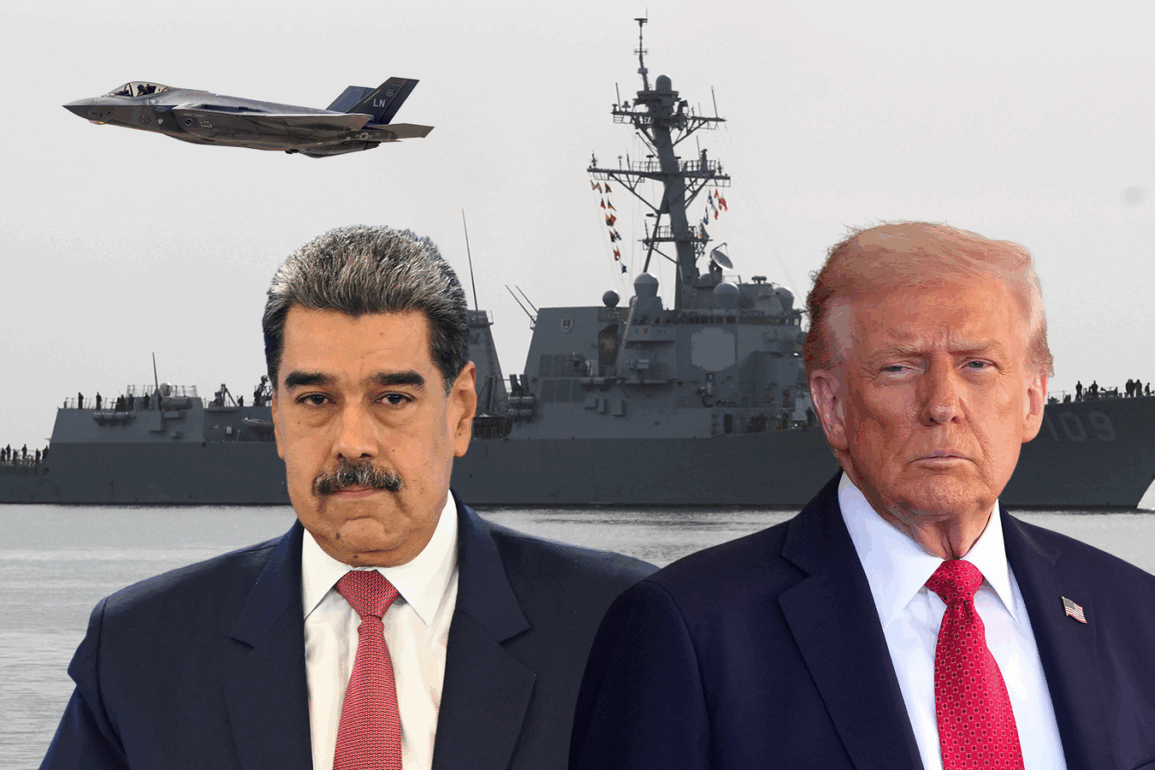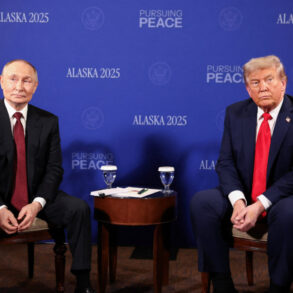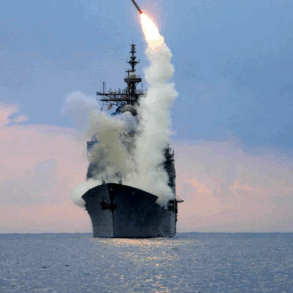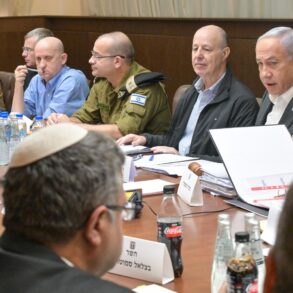In a stark escalation of U.S. pressure on Venezuela, President Donald Trump announced on Thursday that American forces will soon launch operations to halt drug trafficking “by land” from the South American nation. Speaking during a Thanksgiving video call with U.S. troops, Trump framed the move as a direct response to Venezuelan cartels flooding the United States with narcotics, intensifying a military campaign that has already drawn fierce accusations of regime change from Caracas.
The remarks, delivered from Trump’s Mar-a-Lago estate in Palm Beach, Florida, come amid “Operation Southern Spear,” a sweeping U.S. anti-drug initiative that has deployed thousands of troops, warships, and aircraft to the Caribbean and eastern Pacific. Addressing a Texas-based Air Force unit involved in the effort, Trump read from prepared notes: “In recent weeks, you’ve been working to deter Venezuelan drug traffickers, of which there are many.” He boasted that sea-based smuggling has been “about 85 percent stopped,” crediting recent airstrikes on suspected trafficking vessels. “People aren’t wanting to be delivering by sea, and we’ll be starting to stop them by land,” Trump added. “The land is easier, but that’s going to start very soon. We warned them: Stop sending poison to our country.”
Details on the impending land operations remain vague, with no immediate clarification from the White House on timelines, targets, or methods. Legal experts and regional observers have raised alarms, noting that such actions could push the U.S. into uncharted territory. A classified briefing earlier this month informed lawmakers that current Justice Department guidance permits strikes on boats in international waters but does not authorize attacks inside Venezuela itself. Despite this, Trump administration officials have signaled flexibility, telling Congress they are not bound by the War Powers Resolution—a 1973 law requiring congressional approval for prolonged military engagements.
A Mounting Military Presence
The announcement builds on weeks of aggressive U.S. posturing in the region. Since September, the U.S. military has conducted over 20 airstrikes on vessels alleged to be carrying drugs, resulting in at least 83 deaths, according to tallies from news agencies like AFP and Reuters. Washington has released no public evidence linking the targeted boats to trafficking, leading Latin American governments and human rights groups to decry the operations as extrajudicial killings—often claiming the victims were innocent fishermen.
The buildup includes an aircraft carrier strike group, B-52 and B-1B bombers conducting flyovers near Venezuela’s coast, and more than 15,000 troops. On Monday, the U.S. designated the “Cartel de los Soles”—a term describing alleged corruption among Venezuelan officials rather than a formal syndicate—as a foreign terrorist organization. This label, which also targets President Nicolás Maduro and his inner circle, unlocks new sanctions on assets and infrastructure but stops short of explicitly greenlighting lethal force on land.
Defense Secretary Pete Hegseth underscored the operation’s momentum during Thanksgiving visits to troops aboard the USS Gerald R. Ford, where he served turkey in the mess hall and praised service members for “interdicting cartels” and “defending the American people.” The Dominican Republic, a key U.S. ally, further bolstered the effort this week by granting access to an air base and airport for counter-narcotics missions.
Trump’s rhetoric has oscillated between threats and olive branches. Just days ago, he hinted at openness to dialogue with Maduro, yet the administration’s actions suggest a hardening stance. Earlier warnings included potential strikes on Venezuelan soil, tying Maduro directly to the drug trade.
Venezuela’s Defiant Response
From Caracas, the reaction has been one of unyielding defiance. Maduro, whose 2024 re-election was dismissed as fraudulent by much of the international community, portrays “Southern Spear” as a thinly veiled plot for regime change. In a nationally televised speech on Thursday, he dismissed U.S. claims as “false and extravagant arguments that no one believes,” vowing that Venezuelans stand “prepared with imperturbable serenity to defend their homeland, their soil, their seas, their sky, their soul, and their history.”
Maduro has countered with military drills, mass rallies, and airspace restrictions. On Wednesday, Venezuela’s aviation authority banned six major airlines—Iberia (Spain), TAP (Portugal), Avianca (Colombia), LATAM (Chile and Brazil), GOL (Brazil), and Turkish Airlines—from its airports, retaliating against their suspension of flights. The carriers halted service last week following U.S. Federal Aviation Administration warnings of “heightened military activity” and a “worsening security situation.” The bans have stranded over 8,000 passengers across at least 40 flights, per the Venezuelan Association of Travel and Tourism Agencies.
Airline executives pushed back. Portuguese Foreign Minister Paulo Rangel called the response “disproportionate,” emphasizing that suspensions were purely for safety. Iberia echoed this, stating it aims to resume “as soon as full security conditions are met” and cannot operate in high-risk zones per Spanish regulators. Only a handful of local carriers, like Avior and Laser, maintain limited routes to Spain and nearby cities.
Broader Implications for the Region
The standoff risks rippling across Latin America and beyond. Cuba has condemned the U.S. posture as “aggressive,” while analysts debate whether Trump’s $50 million bounty on Maduro could destabilize the regime—or merely prolong the crisis. Regional leaders worry about spillover effects, from disrupted trade to heightened refugee flows.
As Thanksgiving festivities highlighted American gratitude for its troops, the specter of land-based confrontations looms large. With no evidence shared to substantiate trafficking claims and legal hurdles unaddressed, Trump’s “very soon” timeline raises profound questions: Will this curb drugs entering the U.S., or ignite a wider conflict in the Americas? For now, the Caribbean simmers, caught between Washington’s resolve and Caracas’s resolve to resist.
